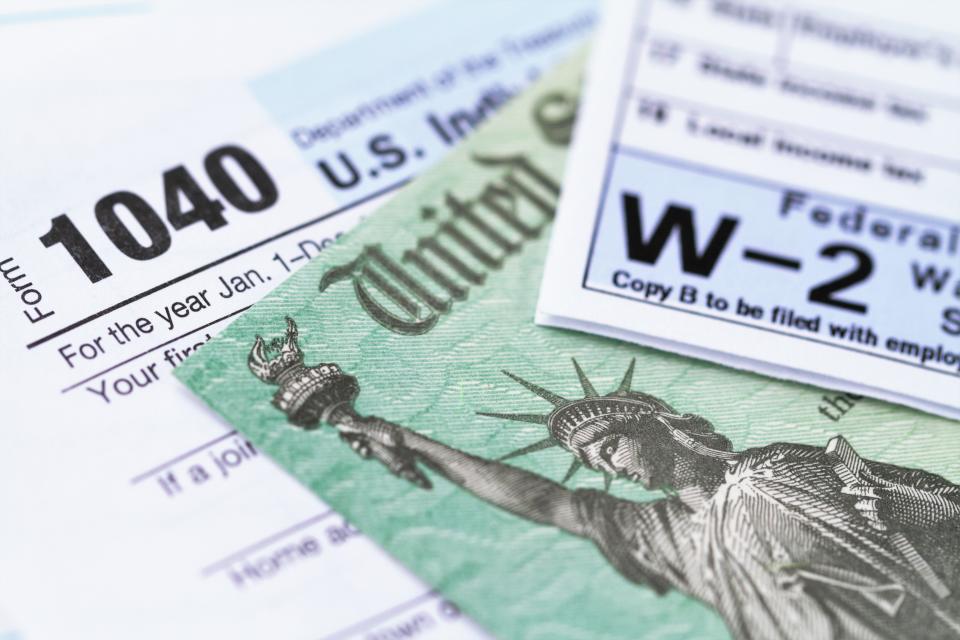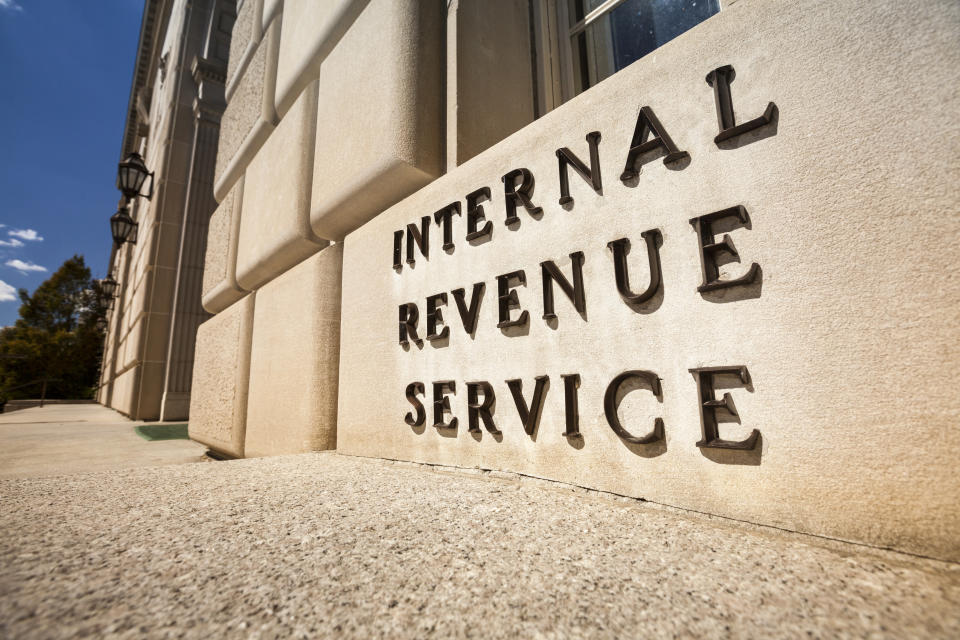Tax expert: Americans who don't file leave ‘billions of dollars’ on the table
Americans who don’t file their taxes are missing out on a lot of money in past tax refunds, according to one tax expert.
“Usually the amount of money that goes unclaimed is billions of dollars from people who don’t file,” E. Martin Davidoff, a certified public accountant and tax attorney, recently told Yahoo Finance’s On the Move. “There are a lot of people who are non-filers and here’s a great opportunity for them to get filed.”
Read more: How to file taxes: The full breakdown
More than 1.4 million taxpayers have about $1.5 billion in unclaimed tax refunds for the 2016 tax year alone, according to an IRS spokesman who spoke to Yahoo Money. That’s a median of $861 per taxpayer, the spokesman said.
And this is the last year you can get those unclaimed funds for 2016. The 2016 tax returns must be filed by July 15, 2020 — the same extended deadline for your 2019 tax returns — to claim your refund.
You can also get old tax refunds from your 2017 and 2018 taxes if you file those returns. You have more time to do that. The drop-dead deadline for those are Tax Day next year and in 2022, respectively.

‘People just get behind’
The reasons people don’t file are various, Davidoff said. Some may have become an independent contractor and forget to pay their quarterly estimated taxes, then decide to ignore it.
“There are a lot of reasons,” he said. “People just get behind.”
Some Americans don’t have to file a federal tax return because they don’t make enough in income. These income thresholds vary based on status and age.
But you may still have a refund owed to you by the federal government because you paid too much in taxes during the year. Alternatively, you may be eligible to claim a refundable credit, such as the Earned Income Tax Credit for low and middle-income earners.

How to file if you’re behind
If you don’t owe the federal government any taxes or if you’re owed a tax refund, there is no penalty if you file late.
But the process is a bit more onerous. You can’t file past-due taxes electronically. You must use a paper tax return. If you don’t have the needed documents to fill out your old returns, use the online transcript tool at the IRS to look at prior W-2s and 1099s.
You generally have three years to file past-due returns to get a refund. If you don’t, that money goes to the U.S. Treasury.
Depending on your situation, you may want to consult with a tax pro first if you have several years’ worth of returns to complete.
“Don’t just go and file the returns,” Davidoff said. “Get some advice. You want to come up with a strategy on how you’re going to present the federal returns.”
Janna is an editor for Yahoo Money and Cashay. Follow her on Twitter @JannaHerron.
Read more:
How the extended tax deadline affects payments, retirement contributions, and more
Taxes 2020: How to pay your tax bill (and what to do if you can't)
Read more personal finance information, news, and tips on Cashay

 money
money 
